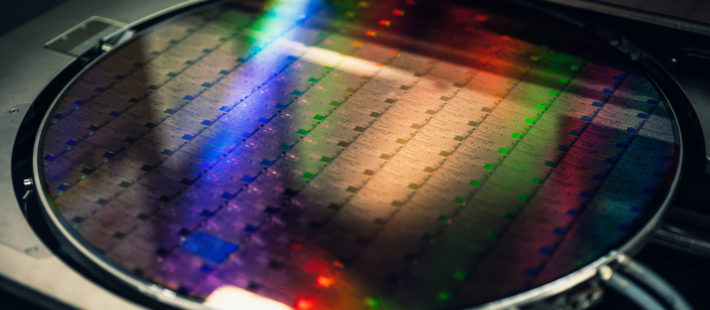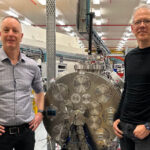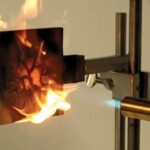The European Commission has invited a group of Graphene Flagship partners and associated members to set up an experimental pilot line to integrate graphene and related layered materials (GRMs) in semiconductor platforms. The project will establish a European ecosystem covering the entire value chain, from tool manufacturers and chemical and material providers to pilot lines. This collaborative project will pioneer the manufacture of new prototype electronics, photonics and sensors integrating GRMs. The 2D Experimental Pilot Line (2D-EPL) will offer prototyping services to companies, research centres and academics to develop their innovative technologies based on 2D materials in an established processing platform.
“By developing a European pilot line for the processing of GRMs, we aim to bring these innovative materials from the academic laboratories to the semiconductor production lines, making them compatible with the standards in the industry. Moreover, we want to offer early access to experimental pilot line production to the innovative community of GRMs experts in Europe. The pilot line will allow them to demonstrate how to manufacture and scale up the production of their innovative GRM-based devices,” says Cedric Huyghebaert, program manager for exploratory material and module integration from imec, Belgium, and technical leader for the 2D-EPL project.
The 2D-EPL project will count on the expertise of the Graphene Flagship team at Chalmers University of Technology, Sweden, for its administrative management. The technical and scientific management will be led by imec, Belgium, and supported by a core technical steering group consisting of principle investigators from the integration pilot line sites. The project will be overviewed by an Industrial Advisory Board, integrated by key players from the European semiconductor industry. The Board will be constantly informed about the progress and the solutions developed by the 2D-EPL project and will also provide feedback on market analysis and early opportunities for the project.
Production
The 2D-EPL will develop the tools, chemistry and materials required for the integration of GRMs on established semiconductor platforms. The ecosystem will be validated in state-of-the-art cleanroom environments all around Europe, in AMO and iHP, Germany; VTT, Finland; and imec, Belgium. In a latter phase, the project will develop modules that will manufacture the basic building blocks for GRM-based technologies in the fields of optoelectronics, photonics and electronics. These modules will be publicly available for European users through multi-purpose wafers. This strategy will guarantee the technologies are widely available, and accessible at a reasonable cost.
The ultimate goal of the 2D-EPL is to build demonstrators and achieve low volume production of innovative GRM-based technologies integrated with traditional semiconductors, working closely together with leading Graphene Flagship’s partners across Europe, including SMEs, industrial companies, research institutions and academic partners.
The Graphene Flagship’s role
A large number of the partners participating in this new adventure, the 2D-EPL, are also active members in the Graphene Flagship, one of the largest research initiatives ever funded by the European Commission. The 2D-EPL will work with the Graphene Core 3 project to understand the fundamentals of GRMs and how to bring these materials to the market. The 2D-EPL will be closely intertwined with the Graphene Flagship Spearhead Projects, leading the production of GRM-enabled demonstrators, some of which are already being developed.
2D-EPL partners all have leading roles at the forefront of Graphene Flagship research groups. Moreover, 2D-EPL partners have also identified the need for new players to join the project to bring in expertise that was missing in the framework of the Graphene Flagship. All these new collaborators will also join the Graphene Flagship consortium.
The collaboration between the 2D-EPL and the Graphene Flagship core projects will be paramount, as a large number of the potential applications supported by the pilot line are under development in the Graphene Flagship core. Nevertheless, the focus and organisation of the new 2D-EPL project is radically different – its objective is to build a long-term plan to overcome the ‘window challenge’ of publicly funded projects. The 2D-EPL will become a sustainable on-demand service for research and innovation actors in Europe and abroad.
This project has received funding from the European Union’s Horizon 2020 research and innovation programme under grant agreement No 952792.
Image Credit: imec
Source: Graphene Flagship











